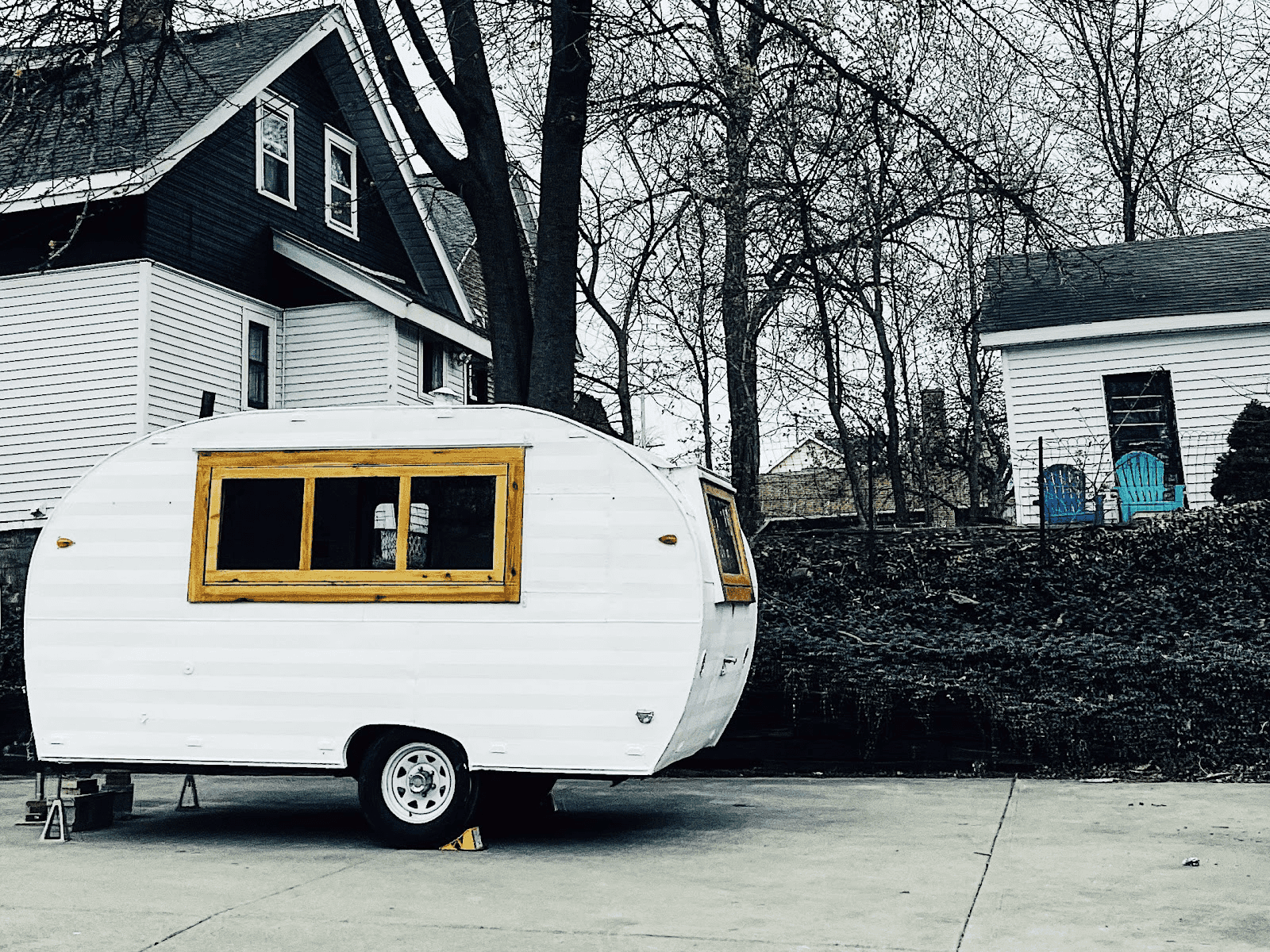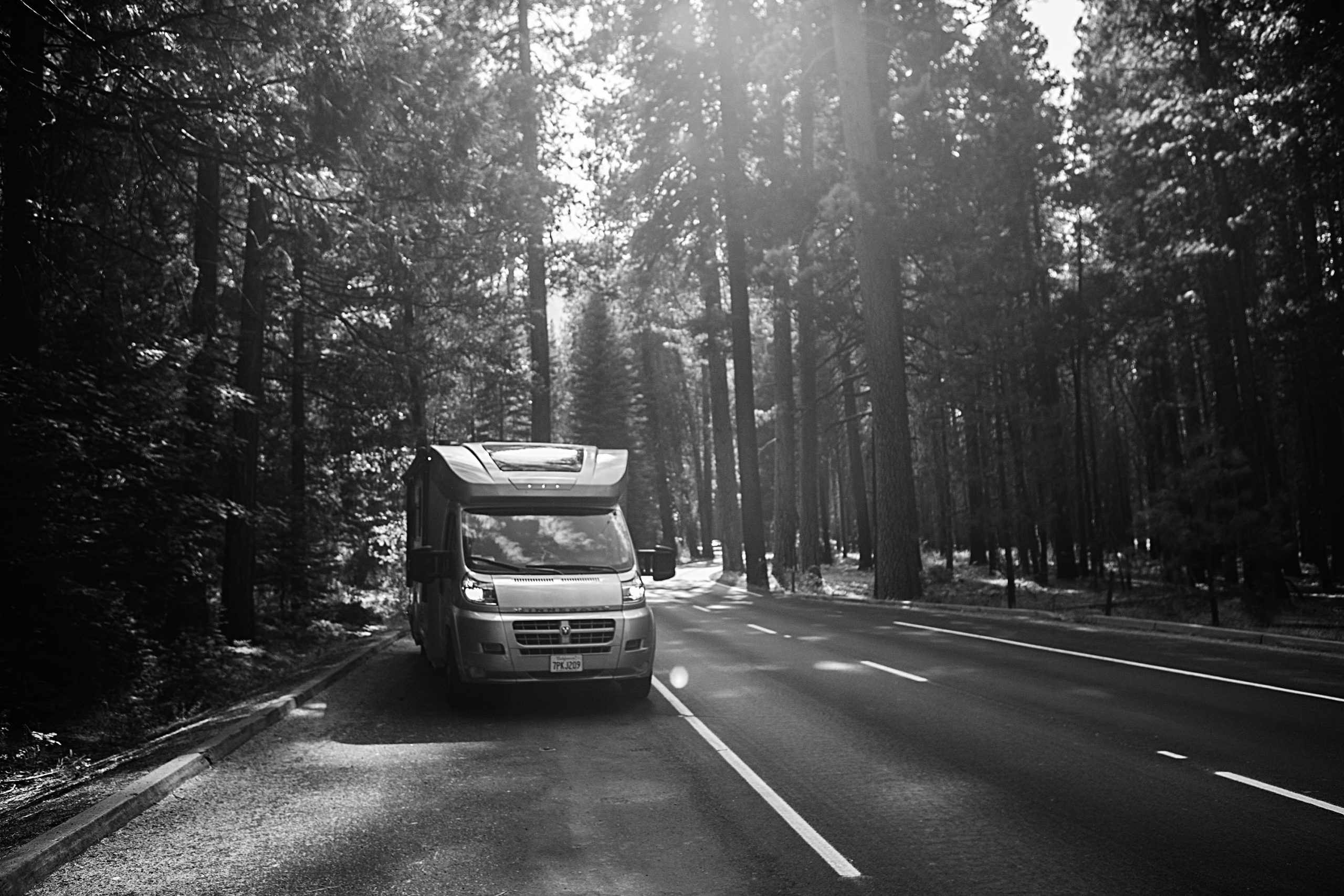1. Gear Up
Before you go, you’ll want to make sure you have the essentials:
- Backpack
- Hiking boots
- Navigation tools (map, compass, GPS, etc.)
- First-aid kit
- Food and water
- Knife or multi-tool
2. Test Out Your Gear
Ensure that all your gear is in good working condition and that you know how to use all the handy dandy tools in your backpack.
3. Choose Your Route
You’ll want to check on things like trail difficulty, distance, elevation gain, and pet-friendliness. Take into consideration how much time you have and your fitness level while planning your route. Longer and more difficult treks will require more planning.
4. Stock Up on Food and Water
How much food and water is enough depends on the hike. In general, you should have around 1 liter, or 4 cups, of water for every 2 hours of the hike. Pack some protein-filled snacks, like jerky, protein bars, and trail mix for the journey.
Download your own Hiking 101 Checklist now

5. Dress Appropriately
Rule #1: Layer, layer, layer.
Rule #2: Wear quick-drying, performance fabrics instead of cotton.
Rule #3: Comfortability over Cuteness. You have a long trail of beautiful scenery ahead of you. No need to dress up.
6. Share Your Plan
This is especially important if you’re hiking alone. Tell someone what trail you’re on or where you’re headed and what time you’ll be returning. This way, they know when to expect to hear from you and can send help if they don’t.
7. Follow Trail Etiquette
There are 2 basics need to knows:
- Right of Way Rules
- Hikers vs. Hikers: Hikers going uphill have the right of way unless they decide to take a breather and let the downhill hikers pass.
- Hikers vs. Bikers: Typically, bikers should yield to hikers; however, because of their quick speeds, it’s usually easier to move out of their way.
- Hikers vs. Horses: Horses have the right of way. Move off the trail to let them pass and try not to make any sudden movements that may startle them.
- Leave No Trace Principles
- Plan Ahead & Prepare
- Travel & Camp on Durable Surfaces
- Dispose of Waste Properly
- Leave What You Find
- Minimize Campfire Impacts
- Respect Wildlife
- Be Considerate of Other Visitors








